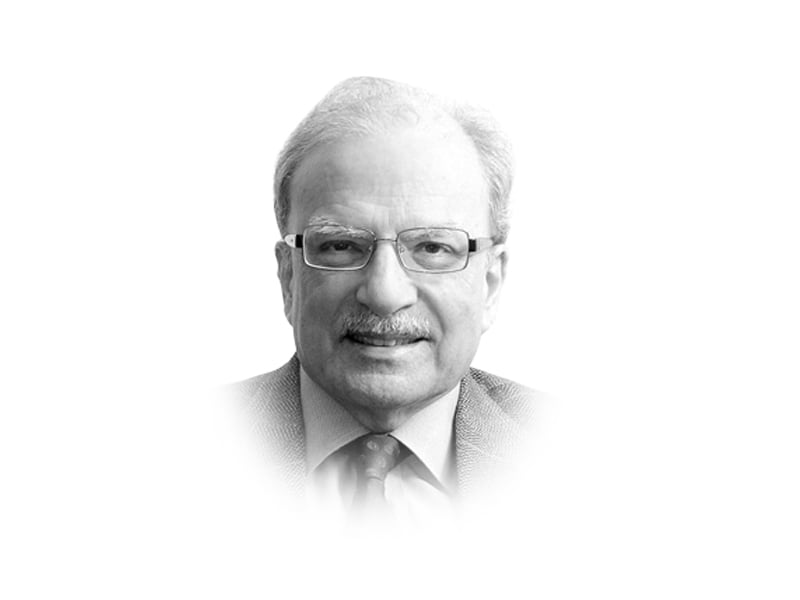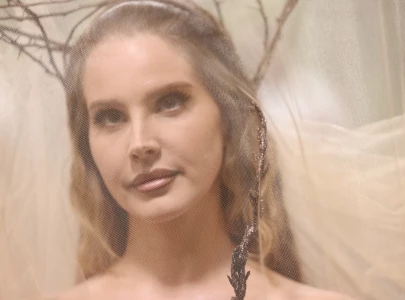
A political system can be said to have matured when it has a found way of transferring power from one set of contestants to another. Using that as the definition, we can say with some confidence that India has matured politically. That is the case even though in recent years it has become more of an exclusive system than the one that is inclusive. With the consolidation of power by Prime Minister Narendra Modi, India has moved towards using Hindutva as a philosophy of governance. It has increasingly marginalised its large Muslim minority estimated to be more than 200 million. That journey may prove to be fatal for the Indian state since it departs from what the historian Sunil Khilnani called “the idea of India”. That idea was built around the belief that for a country as diverse as India, it had to have system of governance in place that gave space to all segments of society. Under Modi who has won two successive elections with increasing share of the national vote, one in 2014 and the other five years later in 2019, that is no longer the case. Hindutva meant governing as a Hindu, not as an Indian.
However, my concern today is not how India is journeying but how Pakistan is moving. It is heading towards political maturity but with hiccups. To understand where Pakistan is today, I should note where the country stands in the Muslim world. When shortly being voted out of power, Imran Khan convened a meeting in Islamabad of the ministers belonging to the Organization of Islamic Countries (the OIC), more than fifty nations sent in their representatives. In this group of countries, Pakistan was one of the three countries that could be described as democratic. The other two were Indonesia and Malaysia even though these two, like Pakistan, had faced problems in developing their political systems. I don’t include Bangladesh and Turkey in this small group of nations since both in recent times have moved away from being democratic to becoming single-party authoritarian states. Both Prime Minister Sheikh Hasina Wazed in Bangladesh and President Recep Tayyip Erdogan in Turkey have used non-democratic ways to consolidate their rule.
National elections have been held in Pakistan at the intervals defined in the Constitution of 1973 since the last person in uniform left the presidency in 2008. This could be seen as a sign that the country has found a way to keep the military where it should stay — in their barracks. President Pervez Musharraf was the last man in uniform to govern the country, using force to take the reins of power in his hands in October 1999. He governed for a bit more than eight years, from 1999 to 2008. In a conversation with him in his Islamabad office in early 2008, I said that I was one of those economists who had begun to appreciate that the political context must be brought into consideration to understand economic development.
I said that it was interesting that the two long-lasting military governments before the one he headed had lasted for eleven years each: Ayub Khan from 1958 to 1969 and Ziaul Haq from 1977 to 1988. He had an interesting response to my comment. “If I may describe this as the ‘Burki law of Pakistan’s political development’, I may have three more years to go,” he said with a smile. I did point out to him that in the case of the three military regimes that had preceded his, only one was succeeded by a military man. In 1969, Field Marshal Ayub Khan was succeeded by General Yahaya Khan but the latter handed power to a civilian, Zulfikar Ali Bhutto, and Ziaul Haq also to a civilian, Muhmmad Khan Junejo.
Pakistan has held three elections since the last military ruler left the seat of power: in 2008, 2013 and 2018. The fourth has to be held in 2023 but could take place earlier if the campaign launched by the deposed Prime Minister, Imran Khan, succeeds in advancing the date to sometime in 2022. Two things stand out about the three elections. In all of them the party in power was voted out and the reins of authority were passed on to the party in opposition. In 2008, PML-Q, the party crafted by Musharraf to give his regime a civilian face, was beaten at the polls by the PPP who since the assassination of its leader Benazir Bhutto was led by her husband, Asif Ali Zardari. Bhutto was killed in August 2007 after she had addressed a political rally in Rawalpindi and was succeeded by Zardari who claimed that his wife had said in a political will that he should succeed her if she died of natural causes or was killed. There was cynicism in that claim, but it was the beginning of dynastic politics in the country. The Zardari rule ended in 2013 when that year’s election had his PPP defeated by PML-N. This was one further step in the evolution of dynastic politics. Those who succeeded in leadership positions in the PPP or in PML-N had to be either a Bhutto or a Sharif. That that happened was not a sign of political maturation. That sign appeared in 2018 when a new political figure at the head of a new kind of political party emerged on the scene. Imran Khan, a new kind of politician at the head of the PTI, a non-traditional political party, were signs of political progress. Imran Khan’s own constituency was in the district of Mianwali, his father’s ancestral home. He launched the PTI in 1996, four years after winning the coveted cricket World Cup for his country. By the time he won the Cup for Pakistan, he was by far the most popular sportsman in the country. He was convinced that that popularity would be transferred into politics, an expectation with which he took the party into the 2002 elections. That did not happen; the PTI won only one seat, that of Khan in Mianwali.
But by 2013, with his party well established, he expected to do well; certainly, better than Sharif’s PML-N. That did not happen, and he cried foul, claiming that since the PML-N had been in power at the federal level and in Punjab, the country’s most populous province, it had control over the election machinery which had rigged the poll in the League’s favour. Not accepting the result of the elections, he invited his followers to stage a ‘dharna’, a new term to enter Pakistani political vocabulary. He had set a tradition of not accepting any kind of negative result in politics.
His victory in the election of 2018 and his election in the National Assembly as prime minister led the opposition to call him the ‘selected’ leader. The claim was that he had been selected by the military leadership to lead the country. When in April 2022, Khan lost a vote of no-confidence in the National Assembly and a new government was formed under the leadership of Shehbaz Sharif, Imran and his associates called the new leadership an ‘imported government’. This was based on the claim that some Western capitals — especially Washington and London — wanted to punish Imran for following an independent foreign policy. Pakistan may have developed politically but it had as yet to mature.
Published in The Express Tribune, May 2nd, 2022.
Like Opinion & Editorial on Facebook, follow @ETOpEd on Twitter to receive all updates on all our daily pieces.


1732569774-0/Baymax-(2)1732569774-0-165x106.webp)










COMMENTS (3)
Comments are moderated and generally will be posted if they are on-topic and not abusive.
For more information, please see our Comments FAQ